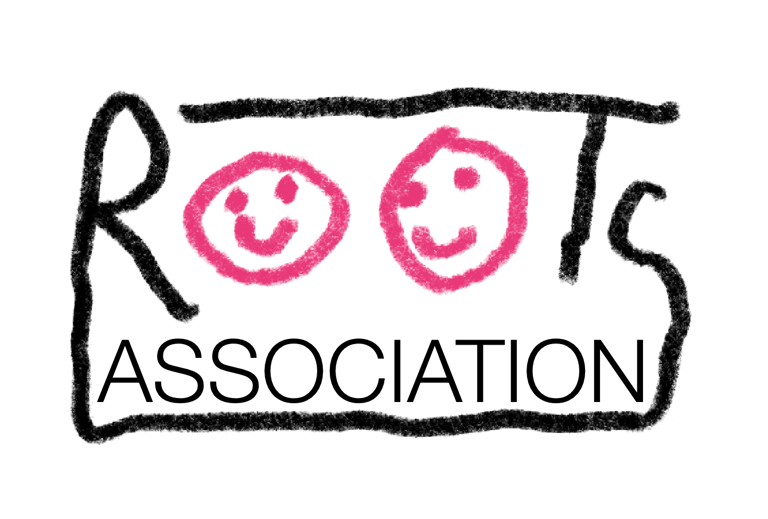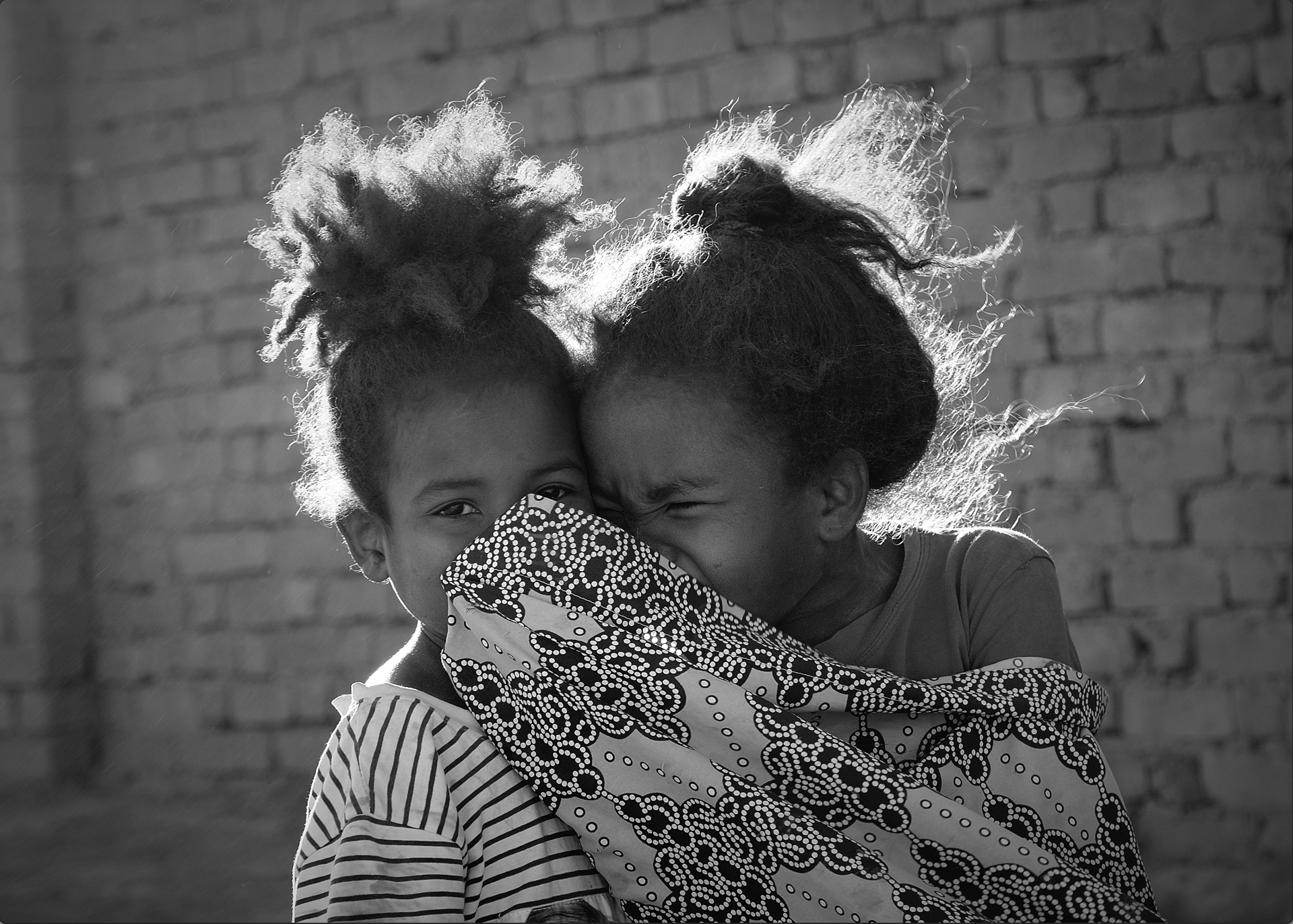
Empowering at Risks Kids
through Art, Sport & Education
Education, values and awareness through art and sport practice for at risks kids around the world.
Achampatti, February 2024
Ongoing Projects:
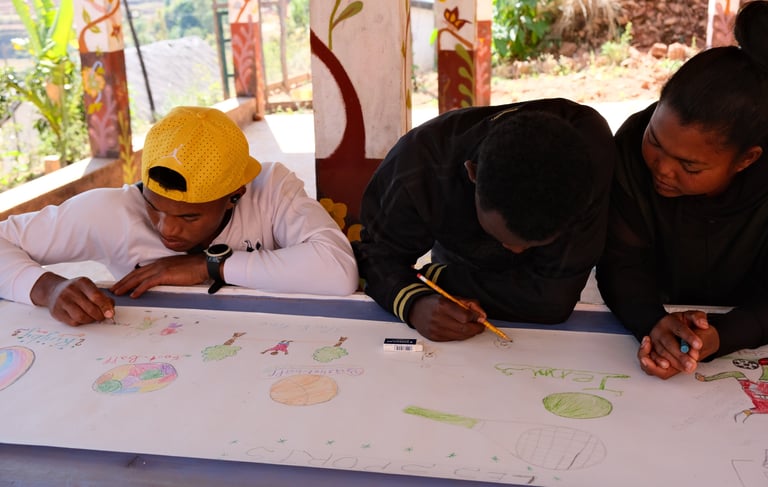

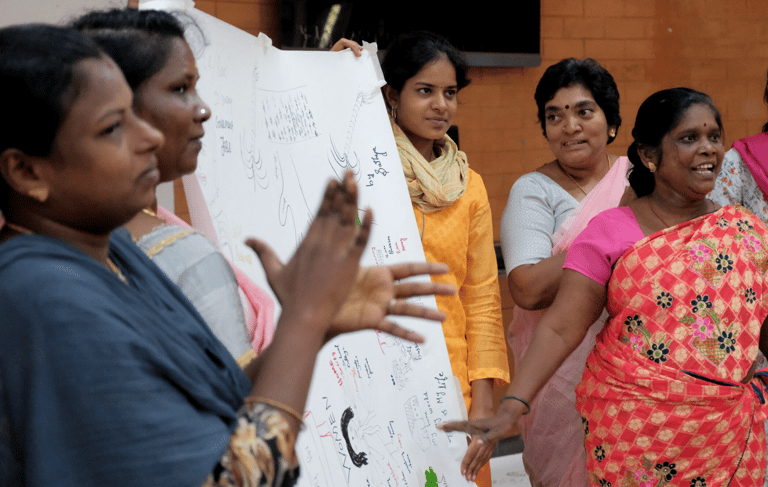

Slackline Clubs and Artistic Workshops: Tools for Social Education for the Children of Madurai.
Since 2008, the Soakilonga Association has focused on three main areas:
Nutrition and Health: Care for malnourished children and preventive/curative health services.
Education and Women's Empowerment: Literacy, school support, sports, and culture.
Agriculture: Training in self-sufficiency and organic farming.
As part of the second focus, Roots and Soakilonga co-created a socio-educational program that provides artistic and sports activities, along with free weekly tutoring for Soakilonga's young beneficiaries.
Roots promotes youth employment and has 13 employees aged 16 to 29.
Additionally, a program to raise awareness about plastic pollution and deforestation has been implemented for the populations of the Tsarazaza valley. This initiative includes the planting of 100 trees each year.
Since more than one year, Roots is collaborating with Antenna Trust NGO, to the closest to the local population in Tamil Nadu, South India. We conduct educative and awareness art and sport workshops for the rurals and slums kids around social themes like domestic violence, women empowerment, drugs, casts system problems, environment, etc.
Our next goals, besides pursuing the regular workshops, are the realization of big wall paintings for the governmental schools of Chinnapatti and Valayapatti. We will also collaborate with the governmental primary school of Achampatti to conduct slackline class and painting activity with all the students.
It is important for us to financially help the funding of the Antenna Trust Learning Centers - main structure Roots works through - which unfortunately difficultly find funds for next year.
In a long term vision, we also support young artistic, sportive and social career which perpetuate Roots and Antenna Trust activities.
Women's Workshop, December 2023
Free socio-educational program and reforestation for the youth of Soakilonga.
Since 2022
Since 2024
Drawing - vocabulary session at Tsarazaza Center, July 2024.
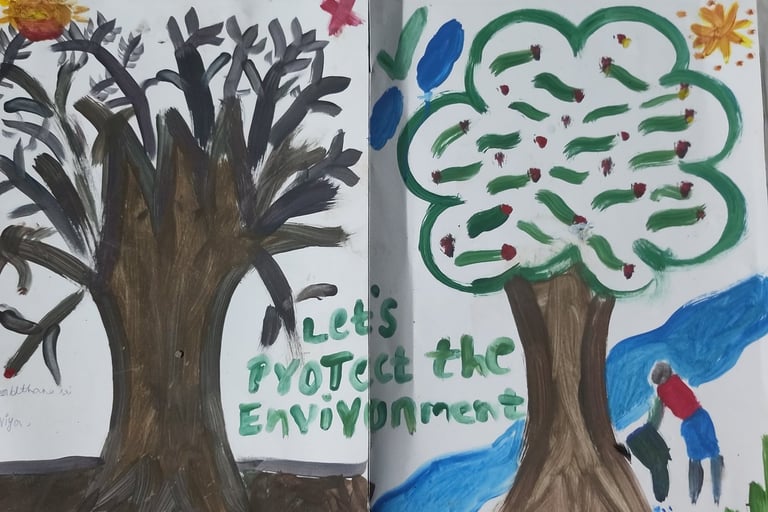

Let's cross our paths towards a brighter future.
Events, field discovery, solidarity trail, and many more!
Brief socio-economic landscape of India and
Tamil Nadu
India is the 7th largest country in the world and the most populous since 2023 with a population of more than one billion four hundred and twenty millions (1,428,627,663).
Although now the 5th world power, malnutrition affects more than a third of Indian children, or 60 million children (practically half the population).
Income inequality is increasing. India is still one of the most unequal countries in the world. In 2024, the richest 1% will account for 40% of total national wealth.
India leads in corruption in Asia, with a rate of 39%. Corruption is part of Indian daily life, with nearly one in five citizens forced to pay a civil servant to access an essential public service, such as health or education.
Tamil Nadu is the southernmost state of India, located on the south-eastern coast of the Indian peninsula. They speak the Tamil language, one of the longest surviving classical language.
As the most urbanised state of India, Tamil Nadu is the second-largest economy amongst the 28 states of India. Nevertheless, parts of the state still record high levels of poverty. Although consumption inequality in the state decreased slightly after 2005, it still remains higher than in many other states.
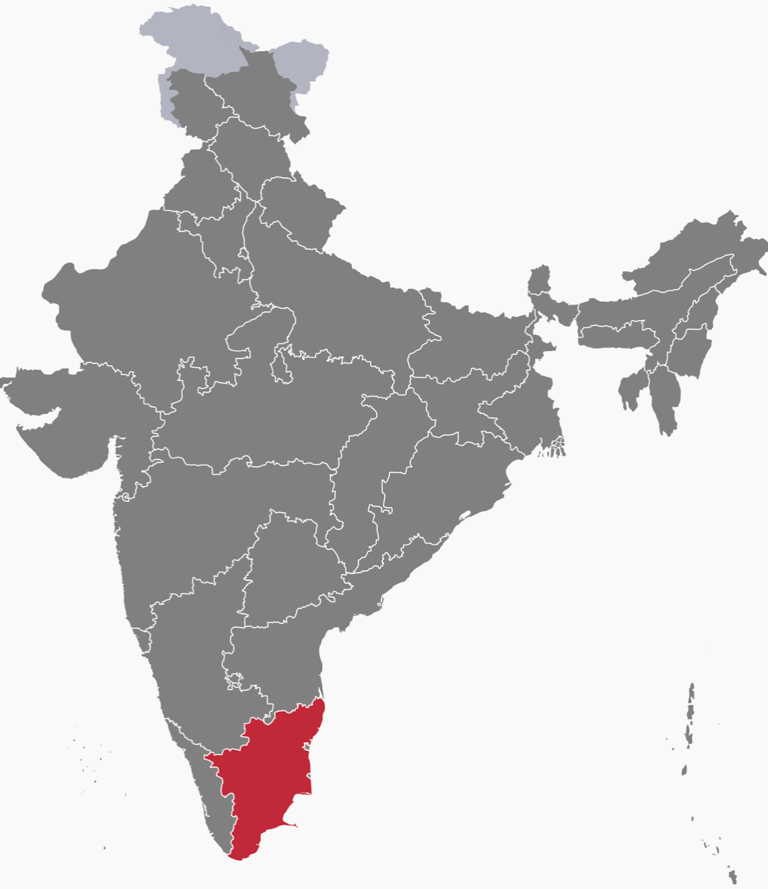

Brief socio-economic landscape of
Madagascar
Madagascar 7th country in the world most affected by climate change and is extremely affected by deforestation (in 1952, primary and endemic forest covered 87% of the island, today 10% thanks to reforestation efforts).
The slow economic growth of this country with a population of approximately 30.3 million habitants, combined with rapid population growth has made Madagascar one of the countries with the highest poverty rate in the world, reaching 75 % in 2022.
During the period from November 2022 to March 2023, 2.23 million people are classified as high acute food insecurity.
39% of the population are between 0 and 14 years old, the average age is 22 years old. The extreme youth of the Malagasy population leads to growing social demand for education, health, jobs, housing and infrastructure, which also represents a challenge for the environment.
32% of girls become pregnant before they reach the age of majority. These early and often unwanted pregnancies contribute to keeping young women away from education and the job market, and to keeping them in poverty.
This situation is exacerbated by the increase in climate crises and increased vulnerability to external shocks (COV-19, wars, etc.).
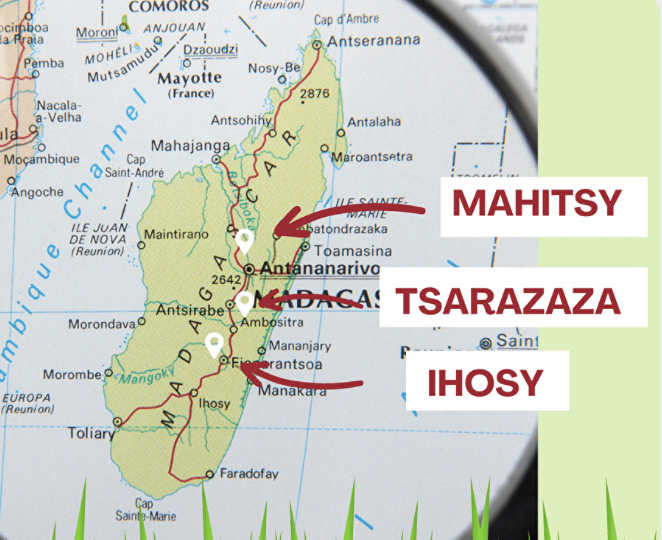

Soakilonga's 3 centers

